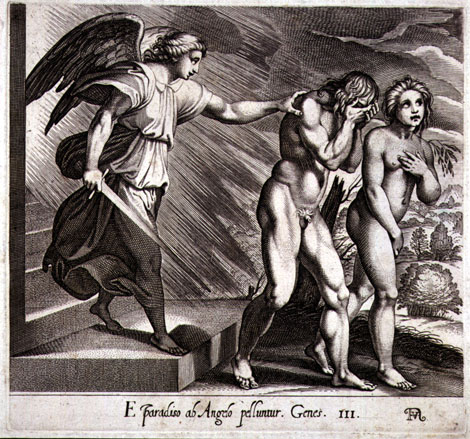Born in London, 1757, William Blake was the greatest visionary poet every produced. His writings were simple yet profound. The songs of innocence and of experience are lyrical effusions with deep inner meaning. Blake was known to be blessed with a beautiful wife who assisted in his artistic endeavors. Before we attempt a critical analysis of “The Shepherd”, it is crucial to understand Blake’s concept of religion since the poem is deeply religious.
According to Blake, God is within us and thus, we have to listen only to our inner voices. He says that he knows no other Christianity or Gospel except the one that incite man to exercise the divine arts of imagination, the real and eternal world of which this vegetable universe is but just a faint shadow. He chides the idea of supernatural deities.
Thou art a Man, God is no more
Thine own humanity learn to adore.
The Poem: The Shepherd
How sweet is the Shepherd’s sweet lot!
From the morn to the evening he strays:
He shall follow his sheep all the day,
And his tongue shall be filled with praise.
For he hears the lamb’s innocent call,
And he hears the ewe’s tender reply;
He is watchful while they are in peace,
For they know when their shepherd is nigh.
How sweet..lot! On transforming the sentence to exclamatory we get, the shepherd’s lot is extraordinarily sweet; Lot refers to the Shepherd’s fortune; Strays refers to wandering; Ewe is the mother sheep; Nigh: near
Introduction to the poem, The Shepherd
The word ‘Shepherd’ beginning with a capital letter calls for a personification. The poet depicts a wonderful landscape with a few sheep and a shepherd. The shepherd symbolizes to Christ and the sheep represents the human beings. Human beings are happy and at peace under the blessings of God.
A Brief Summary of The Shepherd by William Blake
The shepherd is gifted with a sweet fortune as he roams all across the valley from morning to evening. While following his sheep, he sing songs in praise of God. The Shepherd is ever happy and peaceful because he finds himself among his sheep who let out innocent calls. The flock of sheep feels safe only because it knows the proximity of the Shepherd.
Religious Significance
The entire poem is in the present tense except the third and the fourth lines. Yes, there is something noteworthy that needs a mention!
It may imply that the Shepherd will follow the sheep not only to this world but also to the other world.
The Role of The Shepherd in the Poem
The Shepherd plays a significant role, perhaps most aptly the role of a guardian angel. His presence is only entitled with security and safety of the flock of sheep. The poet plays with the lyrics to ensure the security is actually felt by the sheep and is not just superimposed. We never find a hint of the Shepherd’s dominance, have perceives him as friendly. He only involves in taking care of his allies and provides them all the liberty to move far and wide! However, it’s only the sheep who feel comfortable to rest in the Shepherd’s proximity.
..for they know when the Shepherd is nigh
Theme of The Shepherd by William Blake
The poem abounds in pictorial beauty and ecstatic imagination. The flock of sheep, the green valleys, the all-pervading influence of the Shepherd sets the poetic environ, and is instrumental in the development of the theme of the poem. The innocence represented by the sheep and the caring Shepherd knots a tie of mutual relationship between man and Almighty.
Some online learning platforms provide certifications, while others are designed to simply grow your skills in your personal and professional life. Including Masterclass and Coursera, here are our recommendations for the best online learning platforms you can sign up for today.
The 7 Best Online Learning Platforms of 2022
- Best Overall: Coursera
- Best for Niche Topics: Udemy
- Best for Creative Fields: Skillshare
- Best for Celebrity Lessons: MasterClass
- Best for STEM: EdX
- Best for Career Building: Udacity
- Best for Data Learning: Pluralsight

















Hi.
Cant find out stanzas explanations
Will u guide me
Good day